Filter by
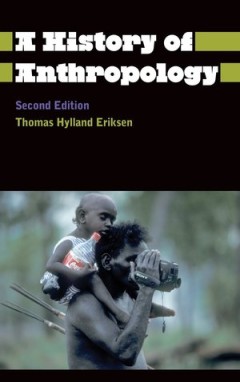
A History of Anthropology
This is a thoroughly updated and revised edition of a popular classic of modern anthropology. Avoiding geographical bias, the authors provide summaries of Enlightenment, Romantic and Victorian anthropology, from the cultural theories of Morgan and Taylor to the often neglected contributions of German scholars. The ambiguous relationship between anthropology and national cultures is also conside…
- Edition
- -
- ISBN/ISSN
- 978 1 8496 4919 3
- Collation
- -
- Series Title
- -
- Call Number
- 301.09 ERI h
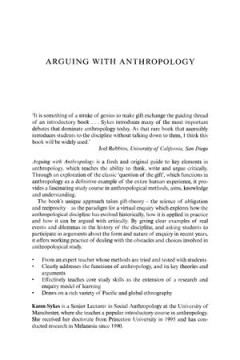
Arguing With Anthropology
Arguing with Anthropology is a fresh and wholly original guide to key elements in anthropology, which teaches the ability to think, write and argue critically. Using the classic 'question of the gift' as a master-issue for discussion, and drawing on a rich variety of Pacific and global ethnography, it provides a unique course in methods, aims, knowledge, and understanding. The book's highly ori…
- Edition
- -
- ISBN/ISSN
- 9780203491140
- Collation
- -
- Series Title
- -
- Call Number
- 301 SYK s
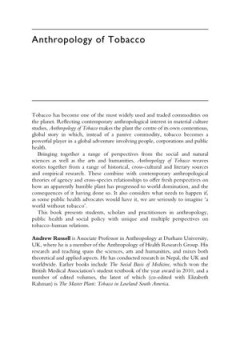
Anthropology of Tobacco
Tobacco has become one of the most widely used and traded commodities on the planet. Reflecting contemporary anthropological interest in material culture studies, Anthropology of Tobacco makes the plant the centre of its own contentious, global story in which, instead of a passive commodity, tobacco becomes a powerful player in a global adventure involving people, corporations and public health…
- Edition
- -
- ISBN/ISSN
- 9781138485143
- Collation
- -
- Series Title
- -
- Call Number
- 633.7 RUS a
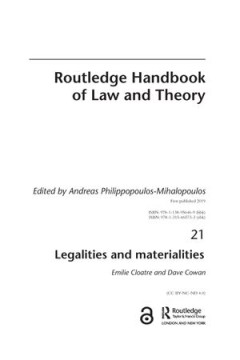
21 Legalities and materialities
This chapter reflects on what materiality-inflected methodologies1 can bring to an anthropology of law, and to legal studies more generally. Its starting point is an increasing attention across the social sciences and humanities for objects, and thinking beyond the human. These have often, but not only, emerged from science and technology studies (STS), to which we pay particular attention. How…
- Edition
- -
- ISBN/ISSN
- 9781138956469
- Collation
- -
- Series Title
- -
- Call Number
- 301 CLO t

'This in-Between': How Families Talk About Death in Relation To Severe Brain …
Thanatological research in the social sciences and the humanities acknowledges that death is culturally and socially embedded. The idea of the social construction of death has been taken on board, albeit slowly, by the social and cultural study of death, but explicit reflections on the underlying ontologies and epistemologies of this paradigm remain scarce. This edited volume aims to strengthen…
- Edition
- -
- ISBN/ISSN
- 9781137391902
- Collation
- -
- Series Title
- -
- Call Number
- 302.23 BRU t

Research, Ethics and Risk in the Authoritarian Field
research ethics; authoritarian countries; research methodology; research in the authoritarian field; risk and field research; ethics and field research; authoritarianism; advice for field research; research transparency; research methods; mental impact of field research; planning for field research; dangers of field research
- Edition
- -
- ISBN/ISSN
- 9783319689654
- Collation
- -
- Series Title
- -
- Call Number
- 320.01 GLA r
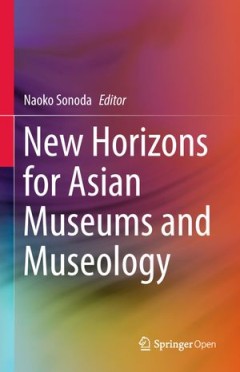
New Horizons for Asian Museums and Museology
Cultural Heritage; Achaeology
- Edition
- -
- ISBN/ISSN
- 9789811008856
- Collation
- -
- Series Title
- -
- Call Number
- 301 SON m
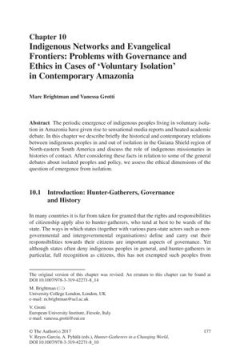
Indigenous Networks and Evangelical Frontiers: Problems With Governance and E…
The periodic emergence of indigenous peoples living in voluntary isolation in Amazonia have given rise to sensational media reports and heated academic debate. In this chapter we describe briefly the historical and contemporary relations between indigenous peoples in and out of isolation in the Guiana Shield region of North-eastern South America and discuss the role of indigenous missionaries i…
- Edition
- -
- ISBN/ISSN
- 9783319422695
- Collation
- -
- Series Title
- -
- Call Number
- 301 BRI i
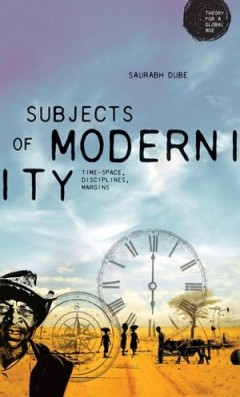
Subjects of modernity Time-space, disciplines, margins
This book explores modernity, the disciplines, and their interplay by drawing in critical considerations of time, space, and their enmeshments. Based in anthropology and history, and drawing on social-political theory (as well as other, complementary, critical perspectives), it focuses on socio-spatial/disciplinary subjects and hierarchical-coeval tousled temporalities. The spatial/temporal tem…
- Edition
- -
- ISBN/ISSN
- 9781526105134
- Collation
- -
- Series Title
- -
- Call Number
- -
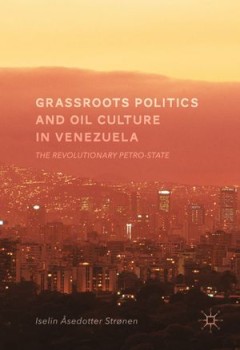
Grassroots Politics and Oil Culture in Venezuela: The Revolutionary Petro-State
petro-state; corruption; extractive capitalism; Hugo Chavez; revolution
- Edition
- -
- ISBN/ISSN
- 9783319595061
- Collation
- -
- Series Title
- -
- Call Number
- 301 STR g
 Computer Science, Information & General Works
Computer Science, Information & General Works  Philosophy & Psychology
Philosophy & Psychology  Religion
Religion  Social Sciences
Social Sciences  Language
Language  Pure Science
Pure Science  Applied Sciences
Applied Sciences  Art & Recreation
Art & Recreation  Literature
Literature  History & Geography
History & Geography